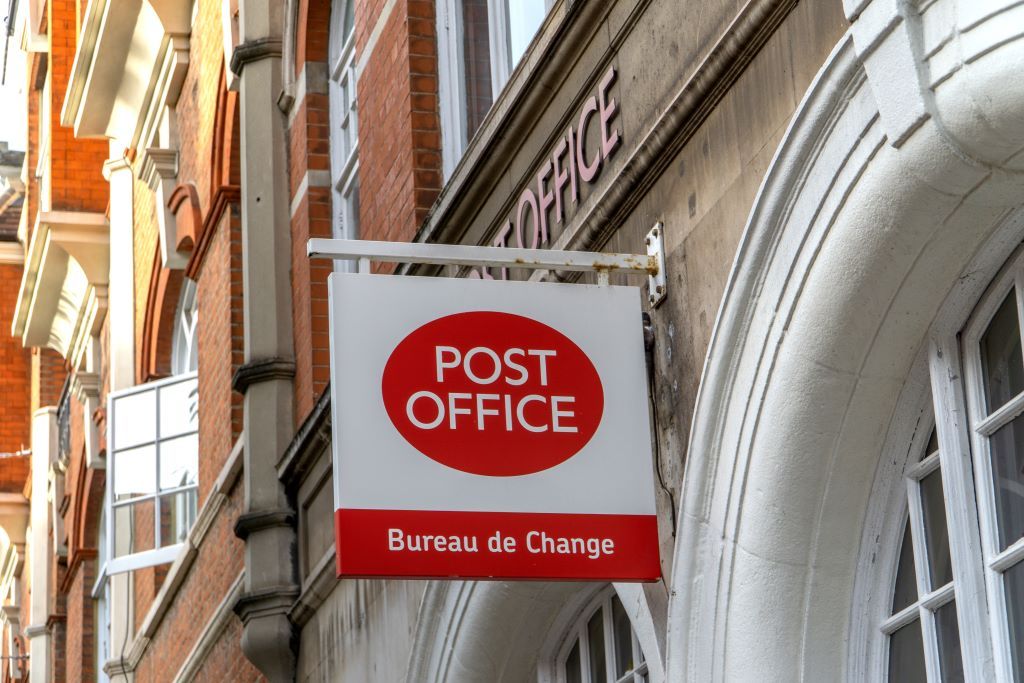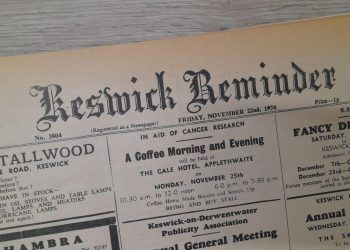
Nobbut Laiking, by Ross Brewster
I can’t recall a TV programme since Ken Loach’s Cathy Come Home in the 1960s that made such an impression and riled public anger the way Mr Bates v The Post Office has done.
Maybe Cathy, a tragic story of homelessness and a young mother caught in an inhumane system, is a long time ago now. But it demonstrated, like Mr Bates, the power of brilliant television drama and had a major impact on attitudes and the treatment of people with low income.
Like ITV’s drama about the appalling mistreatment of hundreds of postmasters who were wrongly accused of theft and cooking the books, the Wednesday play in November 1966 shocked the nation into a burning sense of injustice.
The Post Office scandal was about small, but decent and honest people caught in a web of official lies. They were people like you and me. That’s what drove it home. The next scandal could strike any of us. And what chance would we have against a wall of officialdom?
It’s about truth in public life. Last week, in his New Year speech, Sir Keir Starmer suggested our lack of interest in politics was apathy. No, it’s a lack of trust. Once we lose trust then we get into dangerous territory. The Post Office scandal is yet one more example of how authorities lie to us. Electors are weary of the lying in government, big business, organisations, until just about everything is tainted.
Shirley Temple the child film star said she lost her belief in Santa Claus when, aged six, her mother took her to a big store and he asked for her autograph.
Obviously a funny tale, but what is truth any more? We’ve all lost our belief. Starmer speaks of ditching populist politics and cynicism. I applaud that. But there’s a long way to go to convince the voters.
The Post Office did not just happen to other people. We are getting ever more tied up in technology and AI is starting to rule our lives. Who is to say we won’t wake up one morning to discover our savings and pensions have all gone and online banking shows we owe thousands of pounds.
Human contact has been taken out of the equation and in its place have come computer systems like Horizon. And we all know computers can never be wrong.
Attention all shipping
There’s a little broom cupboard deep within the BBC from where, four times every day, regular as the tides, the Shipping Forecast is broadcast on Radio 4.
Congratulations to the programme on its centenary. And many thanks to “Auntie Beeb” for putting me to sleep in the restless early hours. About 40 minutes after midnight in fact, when I finally conquer my insomnia to the soothing background of Dogger, Malin, German Bight, Hebrides, Bailey and the rest of the 31 named areas covered by the forecast.
The Shipping Forecast was first broadcast on the BBC Home Service and, over its 100 years, it has set sailors and fishermen on the right course and saved many lives. If a radio programme was human this one would be in for a knighthood.
For us landlubbers it’s best heard under the duvet. A small team of BBC announcers are responsible for the broadcasts which are delivered in a metronomic, almost lyrical cadence which, in my case, has an instantaneous soporific effect.
It’s comforting to have “Auntie” tucking me up safely. May their Shipping Forecasts last another 100 years.
Tindall’s ‘joke’ was no laughing matter
Mike Tindall is a former England rugby international and a sort of honorary royal by marriage.
He still seems to be living in the era when rugger chaps would drink the bar dry after their blood-soaked Saturday afternoons spent mud wrestling.
He seems to think he’s a bit of a comedian, too. I found his remark about Prince William — One Pint Willie — disparaging and insulting. To his credit William laughed it off as a poor joke.
I think Tindall’s remarks were inappropriate at a time when excessive drinking leads to violence in the streets and in the home.
Walloping down 12 pints to prove he can take his beer might go down well at the club. But it’s not a message even a hanger-on type royal, ought to be conveying to young people.
Driverless cars will struggle on the Lake District passes
Transport Minister Mark Harper claimed in a radio interview that there’s been a 43 per cent increase in the provision of charging points for electric vehicles.
If he can spot any round these parts then I’d gladly apologise for doubting his figures. Maybe there are a lot more charging points in London and other large population areas. But the highways and byways of rural Cumbria hardly seem plastered with them.
While Mr Harper seeks to encourage the use of electric cars, he also forecast that driverless cars will be on our motorways by 2026.
Driverless cars have been pioneered in countries with vast open freeways.They could prove a godsend to oldies like me when we get too old to drive manually.
But I don’t fancy Kirkstone, Honister or Wrynose, without a hand on the wheel and a foot on the brakes.








